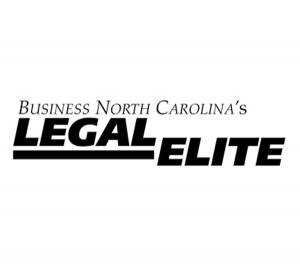PPP (Paycheck Protection Program) fraud refers to fraudulent activity related to the federal program established by the United States Small Business Administration (SBA) in response to the COVID-19 pandemic. The PPP was designed to provide small businesses with forgivable loans to cover payroll and other eligible expenses. The program provided over $800 billion in funding to millions of businesses across the country.
PPP fraud can take many forms, but some common examples include:
False certification of eligibility: This occurs when a business owner falsely represents that their business meets the program’s eligibility requirements, such as the number of employees or the impact of the pandemic on their operations.
Falsified information: This occurs when a business owner provides false information on their PPP application or supporting documents, such as tax returns, payroll records, or financial statements.
Misuse of funds: This occurs when a business owner uses PPP funds for unauthorized purposes, such as personal expenses or non-eligible business expenses.
Double-dipping: This occurs when a business owner receives PPP funds from multiple lenders or from other government programs, such as the Economic Injury Disaster Loan (EIDL) program.
PPP fraud is a serious crime that can result in federal criminal charges, fines, and imprisonment. The Department of Justice (DOJ) has established a task force to investigate and prosecute PPP fraud cases, and many individuals and businesses have already been charged with PPP fraud offenses. In particular, the U.S. Attorney’s Office for the Eastern District of North Carolina has stated its commitment to investigating and prosecuting PPP fraud cases.
Get on the offensive and contact us today if you or your business has been suspected of PPP fraud.

